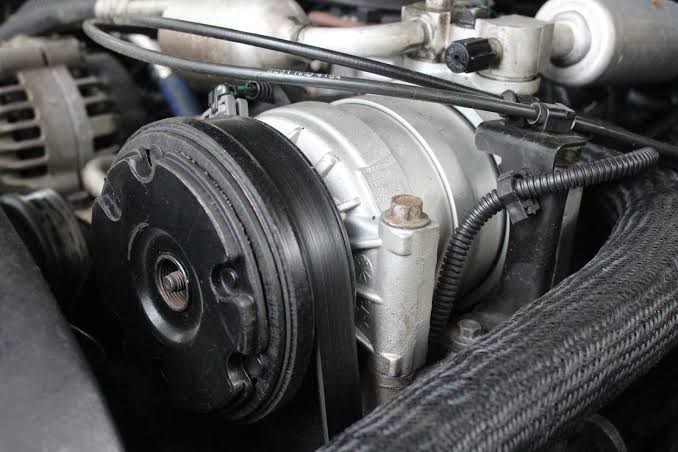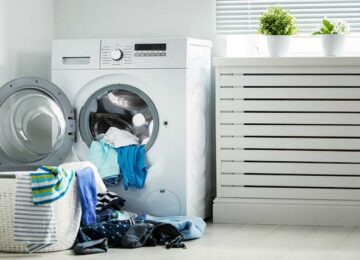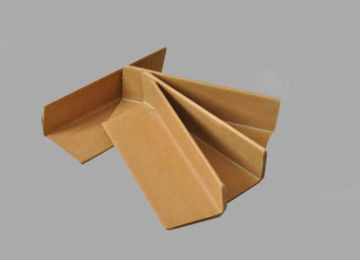Visually inspecting the condition of your industrial air compressor can uncover prospective issues prior to they becoming expensive replacements or fixings. Devote yourself to follow a regular maintenance timetable that consists of not only changing filters and including lube when required; however, likewise checking out tubes, fittings, valves, and ports that might need changing after a duration of air compressor activity.
If you need to hire a reputed compressor repair firm, please contact fluidairedynamics.com.
Following are the locations required for detailed assessments:
- Air leakages: If you notice lowered pressure at your factor of use or a general reduction of air compressor effectiveness, you may have air leakage. To find out without a doubt, do a timed go to completely charge the system or known-volume storage vessel in an absolutely no need problem, set the air compressor to stop/off, as well as record the system/vessel pressure every minute for 10 minutes, contact the manufacturer’s solution department to go over the outcomes. If the pressure gauge drops precipitously or the system reactivates automatically, you have a leakage, as well as should check valve seals, hose pipes, gaskets, links, as well as point of use devices for the resource. Look for leakages simply by listening for the acquainted hissing sound, or go state-of-the-art with an ultrasound leakage detector. In a lot of cases, a couple of turns of a wrench as well as a replacement gasket can create substantial energy preservation and pressure gain. Under no condition should a link, bolt, etc., be manipulated/disturbed/altered while under stress. Doing so could result in severe injury and/or fatality.
- Oil leaks: If your commercial air compressor’s oil level is lessening more rapidly than typical, an oil leakage could be responsible. Opportunities are the oil is leaking from an unsecured link, harmed mating surface area, worn seal, or jeopardized gasket. Insufficient piston ring securing will commonly result in too much crankcases pressure, putting added pressure on the crankshaft seals, possibly causing them to leak in addition to pressurizing oil up with the crankcase vent tube, permitting it to go through the airstream, potentially to the factor of use. Used seals must be replaced post rush, as not enough lubrication produces friction, warmth, as well as rust that can destroy the air compressor.
Check for Temperature Stabilization
Pressing air for commercial use produces warmth, as well as warm is the enemy when it pertains to air compressor life expectancy as well as reliable performance. Air compressors use numerous systems for dissipating heat as well as maintaining the temperature around delicate elements. More than 80% of the powerful industrial air compressors consume is exchanged heat. Cleaning your air compressor’s cooling elements enables the system to avoid severe temperatures from diminishing performance. Ambient temperature level contributes to operating temperature levels, so as the thermometer rises, monitor your air compressor’s lubrication closely to ensure it continues to be within producer thresholds.











